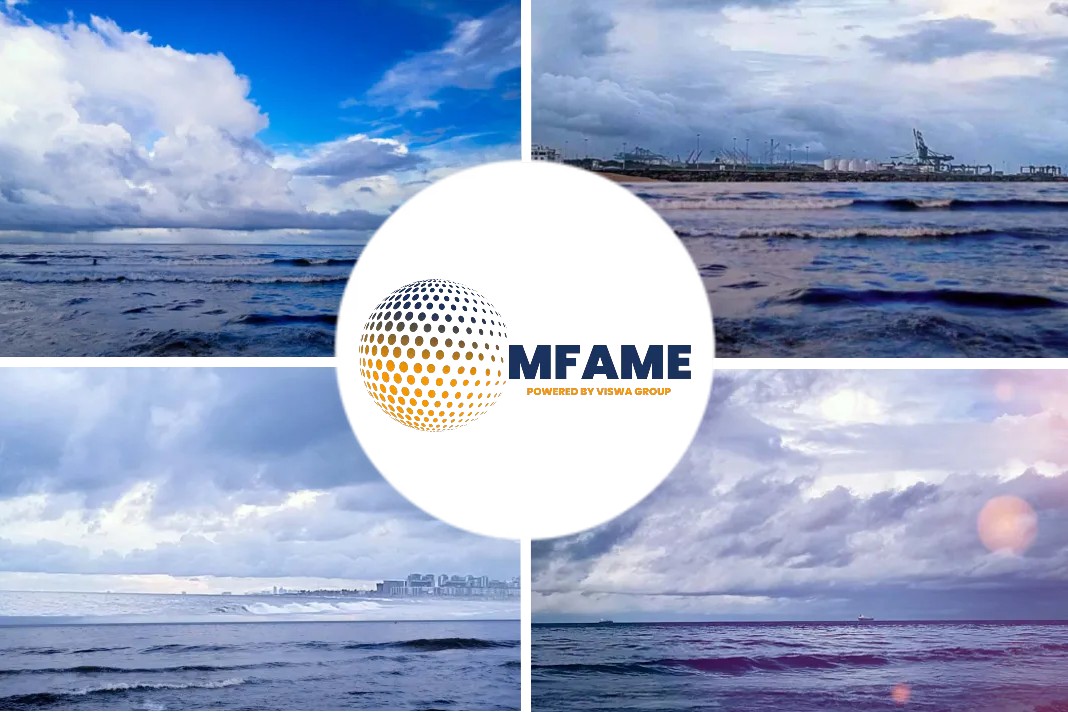Xinde Maritime News writes about the weekly insights with respect to shipping decarbonization.
Shipping green transition
Carbon capture is said to be the key to shipping’s green transition. In a keynote address at the Posidonia conference, ABS chief Christopher J. Wiernicki announced that the class society believes that net-zero cannot realistically be delivered without efficient carbon capture and storage technology for ships. Onboard carbon capture and storage (OCCS) is a technology in the early stages of commercial development.
OCCS is already deployed in limited commercial operation by container feeder line JR Shipping, in combination with technology provider Value Maritime. Scorpio Tankers is working on a similar solution with American startup Carbon Ridge, with plans to install a small-scale test unit on one of Scorpio’s vessels.
ABS said that it is developing comparable technology for an LNG carrier with DSME and GasLog. The three companies will develop an onboard CO2 capture and storage system (OCCS) to return CO2 from the exhaust gas back to the ship for storage. The stored CO2 can then be offloaded to shoreside facilities after entering the port. The three companies will design an OCCS for an LNG carrier, which will be built by DSME. Development work is expected to be completed by the first quarter of 2023. ABS will set up rules and regulations for OCCS development, provide technical advice, conduct risk assessments, and supervise testing leading up to approval in principle (AIP).
New Alliances for Decarbonization
BHP and NYK strengthen strategic partnership to progress shipping decarbonization
BHP and NYK have signed a Memorandum of Understanding (MoU) to expand and deepen their existing business relationship and to support the decarbonization of ocean transportation across their shared supply chain.
BHP and NYK will jointly study the next generation of zero-GHG emission ships fuelled by green or blue ammonia. If feasible, this could potentially support both organizations in their ongoing efforts to achieve their respective long-term GHG emission reduction targets for shipping and present a further decarbonization option for the shipping industry.
BHP and NYK also aim to promote the use of GHG emission reduction measures such as energy-saving innovations and technologies, and alternative lower- and zero-GHG emission marine fuels.
Berge Bulk and Kongsberg Maritime aim to advance decarbonization in shipping
Norwegian maritime technology group Kongsberg Maritime (KM) and Singapore-based dry bulk owner Berge Bulk have signed a memorandum of understanding to jointly develop and advance the deployment of decarbonization technologies onboard dry bulk cargo vessels. Berge Bulk has embarked on an ambitious environmental program that has produced ships like Berge Logan, described as “the most energy-efficient bulk carrier in the world”.
KR, DSME join forces on digitalization, smart ship tech
Classification society Korean Register (KR) has signed a memorandum of understanding (MOU) with compatriot shipbuilder Daewoo Shipbuilding & Marine Engineering (DSME), agreeing to work together on increased digitalization and the development of smart and autonomous ship technology. Under the MOU which was signed on 18 May, KR and DSME will form a joint council and cooperate on smart and autonomous ship technologies and digitalization research.
With ‘digital and eco-friendly’ as a future keyword, KR launched its big data-based Integrated Survey Center (KR-ISC) last month. The development of, necessity, and demand for smart technology is a crucial global issue regardless of industry boundaries, the classification society believes.
Did you subscribe to our daily Newsletter?
It’s Free! Click here to Subscribe
Source: Xinde Marine News
















